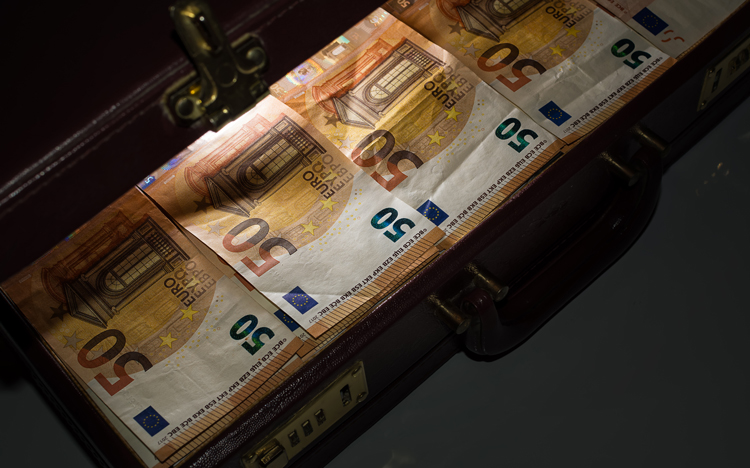In a Manhattan trial, the Trump Organization was found guilty of tax evasion
- Dec 7, 2022
- 3 min read
The verdict is a setback for the former US president, who is facing various legal challenges as he seeks re-election to the White House.

Donald Trump's businesses have been convicted guilty of a 13-year tax fraud conspiracy, a huge triumph for Manhattan prosecutors who continued the lone criminal case against the former US president's empire even as he started a third presidential attempt.
Following a trial that began on October 31, a New York jury convicted The Trump Organization — whose corporations were charged with improperly decreasing the tax it paid on executive pay by granting top managers "off the books" bonuses — on all 17 counts on Tuesday.
"The former president's companies have now been found guilty of crimes." That is significant; it demonstrates that in Manhattan, we have a standard of justice for all," Manhattan District Attorney Alvin Bragg told reporters immediately following the unanimous conviction.
The decision is the third major setback for Donald Trump or his companies in as many weeks, following the US Supreme Court's order that his taxes be turned over to a congressional committee and an appeals court's rejection of the former president's request for a special master to review documents gathered during an FBI search of his Mar-a-Lago home.
Trump is also facing a civil action initiated against him, his children, and his businesses by New York Attorney General Letitia James, which is expected to go to trial in October 2023. A loss in the case may result in fines of more than $250 million.
“This verdict sends a clear message that no one, and no organisation, is above our laws,” James, whose office assisted the district attorney’s case, said in a statement.
The evidence of The Trump Organization's former chief financial officer Allen Weisselberg, who has worked for the Trump family in a variety of roles since 1973, was essential to the Manhattan case, which was originally launched by the district attorney's office last summer.
In August, Weisselberg pled guilty to deceiving tax authorities through a plan in which he received $1.76 million in undisclosed income from Trump organisations in the form of a beautiful Upper West Side condominium, Mercedes automobiles, and private tuition for his granddaughters.
He was promised a light sentence — five months in the notoriously harsh Rikers Island jail — in exchange for testifying truthfully in the trial against The Trump Organization.
The date for sentencing has been scheduled for January 13. The Trump Organization intends to appeal, according to its counsel.
Before the verdict was read on Tuesday, Trump attacked the DA's office, claiming it "has spent practically all of its time and money pursuing a political witch hunt for DC against 'Trump' over Fringe Benefits."
Lawyers for the Trump companies said that Weisselberg and The Trump Organization's controller Jeffrey McConney, who also testified, operated alone, and that despite personally signing multiple cheques and leases, Trump was uninformed of the tax fraud being done by his closest lieutenants.
Under cross-examination, Weisselberg, 75, who is still employed by The Trump Organization, fought back tears as he appeared to support that assertion, maintaining that it was his "greed" alone that had prompted him to keep the incentives off his employer's tax forms.
Defence attorney Michael van der Veen said the testimony proved that “Weisselberg did it for Weisselberg”. In closing arguments last week, he added: “This case isn’t about Donald Trump, it is about Weisselberg and two corporate entities that did not commit crimes.”
Government prosecutors, on their part, sought to establish that Weisselberg and other executives acted with and for the advantage of their employer.
During closing arguments, Manhattan assistant district attorney Joshua Steinglass told jurors, "It was a win-win, a method to get more money into executives' pockets while keeping [The Trump Organization's] own costs as low as possible."
He went on to say that if Weisselberg's actions as CFO were actually irrelevant to the operation of The Trump Organization, he would be the "highest-paid lackey in history."
The jury, which had been deliberating for nearly two days, requested that testimony by accounts supervisor Deborah Tarasoff be read aloud in court again on Tuesday, in which she stated that she had deleted Weisselberg's name from accounting documents weeks before Trump entered office.
The Trump Organization is unlikely to be penalised more than $1 million, but the guilty conviction may make it more difficult for the corporation to secure loans, negotiate agreements, and obtain government contracts.
By fLEXI tEAM





Comments